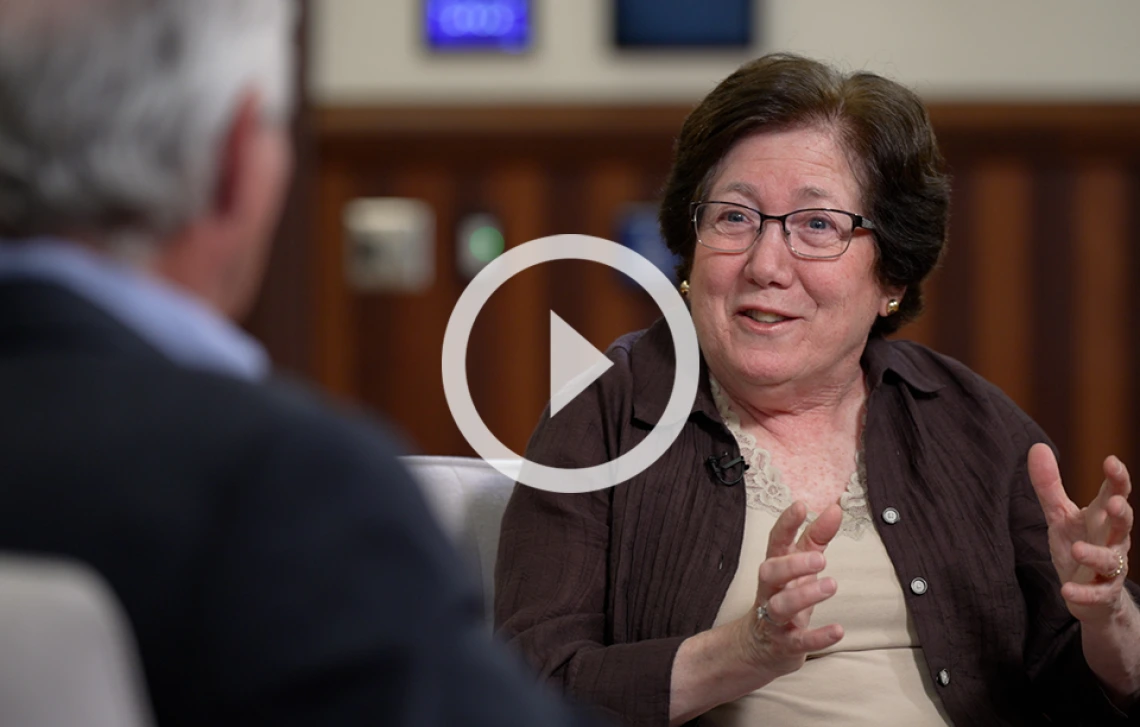Understanding our Water Future: Dr. Robbins' Perspective

Dear Friends,
When people imagine the desert, many think about the absence of water. Yet, as contradictory as it may seem, if you want to talk to an expert in water resources management, it is often best to talk to people who live in a desert. At the University of Arizona, we are consistently ranked as one of the world's top academic research programs in water resources, and we have some of the foremost experts in the field.
The Colorado River has been in the news a lot recently, in part because of President Biden’s announcement last May about his consensus system conservation proposal to protect the Colorado River Basin. Further conversations have been spurred by the Supreme Court’s recent ruling that the U. S. is not required to ensure access to water for the Navajo Nation. Equally important as we consider the future of our state are the consequences of long-term drought, some of which we are just beginning to understand.
In Arizona, these topics are at the forefront of the challenges we face, and, because of their incredible complexity, the question of water and its role in the future of our state and region deserve more than just one newsletter. So, I am pleased to share the first of two, this one with Dr. Sharon B. Megdal, Director of our Water Resources Research Center (WRRC), the CW and Modene Neely Endowed Professor and Distinguished Outreach Professor in the College of Agriculture, Life and Environmental Sciences.
The WRRC is one of the reasons why the University of Arizona has an excellent reputation in water resources, and its programs are impactful to the many communities we serve. I am deeply impressed by the ways the WRRC exemplifies the intersection of the University of Arizona’s work as a research university and our mission as public, land-grant educational institution. Our expertise in water resources and many related areas helps prepare students for their futures, and it is a source of analysis and counsel for local, state, and federal policy makers whose decisions have obvious real-world impact as our society addresses crucial water challenges.
Dr. Megdal explains that our water crisis will not be solved by any one action. It will take a multi-faceted approach involving groundwater, treating wastewater, rainwater, conservation and many more strategies that our researchers are learning more about every day. Most of all, she shared with me, the solution begins with all of us being informed – knowing where our water comes from, knowing who makes water policies and what those policies are, and what we can do in our daily lives to conserve water. Dr. Megdal is a true expert with amazing insights, and I urge you to watch my conversation with her to learn more about the Water Resources Research Center and water in the Arizona desert.
Thank you for reading, and I look forward to sharing the second of these two newsletters on water, featuring my conversation with Professor Emeritus Robert Glennon as we discuss further areas concerning water policy and what our future holds.
Bear Down,
Robert C. Robbins, M.D.
President
The University of Arizona

